Black tinted glass, often referred to as dark or smoked glass, has several applications in commercial buildings. It is used not only for its aesthetic qualities but also for its functional benefits. Here are some common applications of black tinted glass in commercial buildings:
Solar Control:
Black tinted glass can effectively reduce solar heat gain and glare, making it an ideal choice for commercial buildings located in sunny and hot climates. By limiting the amount of sunlight that enters the building, it helps to maintain a more comfortable indoor temperature and reduces the need for excessive air conditioning, ultimately saving on energy costs.
Privacy: Tinted glass provides increased privacy by limiting the visibility from the outside. This is particularly useful in office spaces, conference rooms, and other areas where privacy is essential.
Glare Reduction: In commercial spaces with a lot of glass, glare from the sun can be a significant issue. Black tinted glass helps to reduce glare on computer screens and other displays, improving the comfort and productivity of occupants.
UV Protection: Tinted glass can block a significant portion of harmful ultraviolet (UV) radiation from the sun. This UV protection can help preserve interior furnishings, artwork, and other assets that might otherwise fade or deteriorate due to sun exposure.
Aesthetics: Black tinted glass can add a modern and sleek aesthetic to a commercial building's facade. It can be used in combination with clear glass or other architectural materials to create a visually appealing exterior.
Energy Efficiency: By reducing solar heat gain, black tinted glass contributes to the overall energy efficiency of a building. This is especially important for commercial buildings striving to meet energy efficiency and sustainability goals.
Security and Safety: Tinted glass can enhance security and safety in commercial buildings by making it more difficult for potential intruders to see inside. Additionally, it can add an extra layer of protection against shattering in the event of impacts or accidents.
Daylighting: Tinted glass can be strategically used to control the amount of natural daylight that enters a building. This allows for better management of light levels, reducing the need for artificial lighting during the day.
Branding and Brand Identity: In some cases, the use of black tinted glass can be part of a company's brand identity. It can create a unique and recognizable appearance for the building that aligns with the brand's image.
Noise Reduction: While not exclusive to black tinted glass, some tinted glass products can provide additional noise reduction benefits. This is advantageous in noisy urban environments or commercial areas near heavy traffic.
It's important to note that there are various shades and types of tinted glass available, allowing for different levels of light and heat control. The choice of black tinted glass and its specific application will depend on the building's design, location, functional requirements, and the intended aesthetic impact. Additionally, building codes and regulations should be considered when using tinted glass in commercial structures.
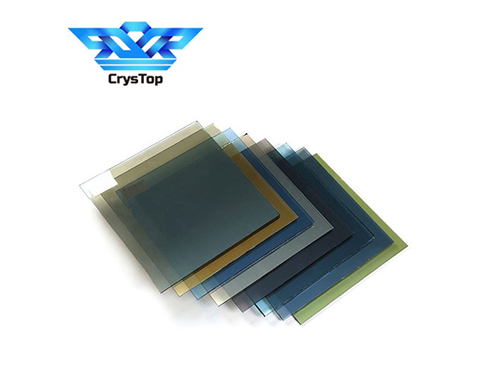


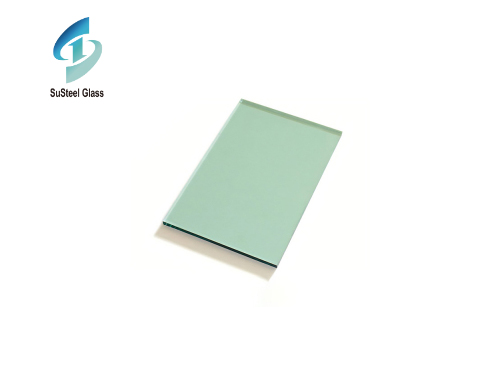 Exploring the World of Green Tinted Glass Products: Versatility and Sustainability
Exploring the World of Green Tinted Glass Products: Versatility and Sustainability
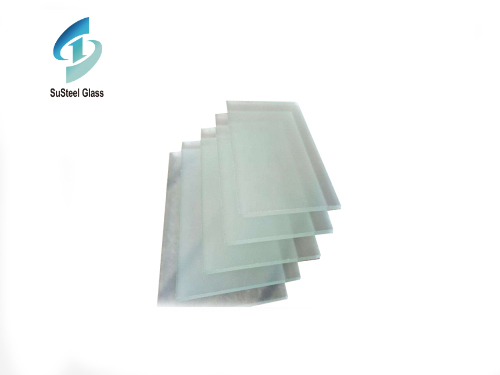 Exploring the Versatility and Elegance of Custom Thick Glass
Exploring the Versatility and Elegance of Custom Thick Glass
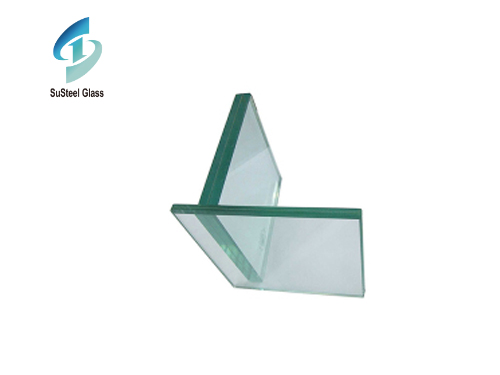 Unveiling the Strength and Versatility of Laminated Glass: Exploring Material Properties
Unveiling the Strength and Versatility of Laminated Glass: Exploring Material Properties
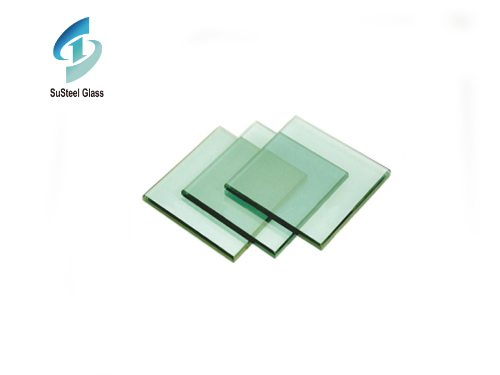 Enhancing Safety with Blast Resistant Glass: Innovations, Applications, and Protective Solutions
Enhancing Safety with Blast Resistant Glass: Innovations, Applications, and Protective Solutions

